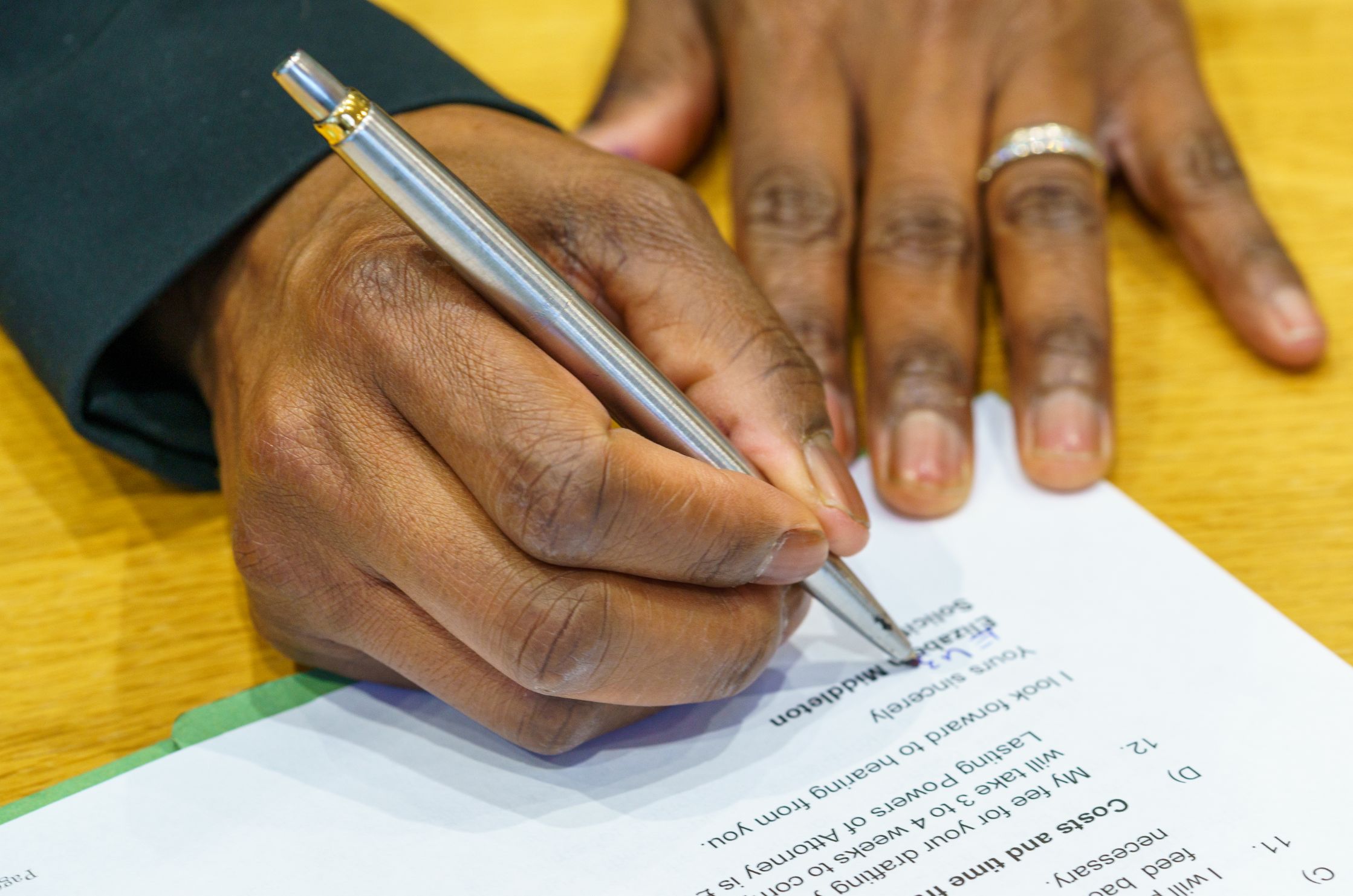Your personal circumstances determine the kind of Will you need. If you have assets valued at £5000 or under, then you will probably require a simple Will.
If your assets are over £5000, your beneficiaries will require a Grant of Probate to administer your estate. For example, a bank will require that document before they can release the money to you. If you have a Will, the process may be simple because your Executors can administer your estate themselves. This means that your Will would enable them to find out your assets and pay any debts you have before distributing your estate.
If you are not married or in a civil partnership and you do not have a Will, your circumstances may require that you have a more in depth Will.
If, for example, your estate is more than £325,000, you might require a tax planning Will to ensure that your estate does not pay inheritance tax unnecessarily. You might also use a Will to protect a share of your assets from care fees if you are married and own your property jointly.
If you do not have a Will, the government states who gets your estate and in what order. If your relatives can not be traced, then your estate will go to the government.



